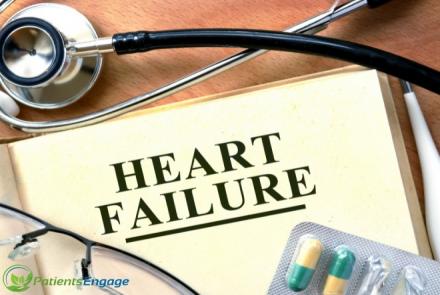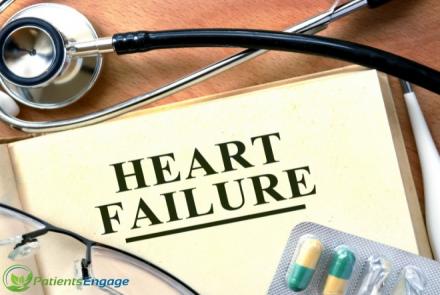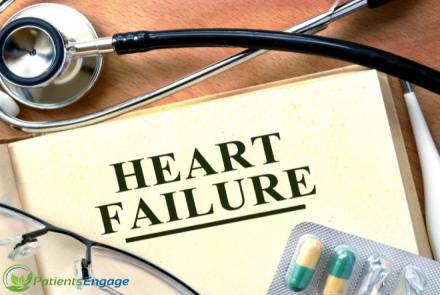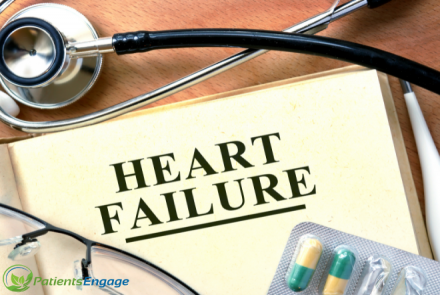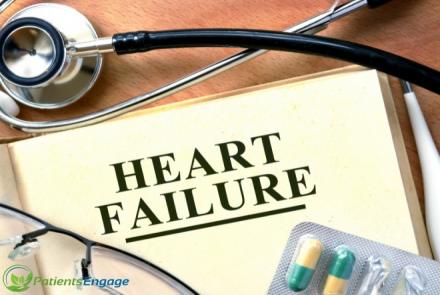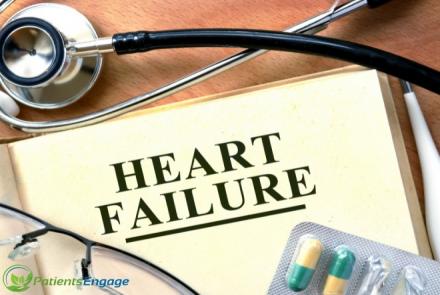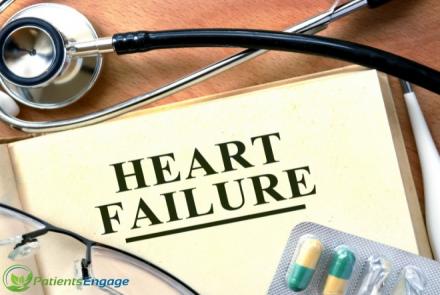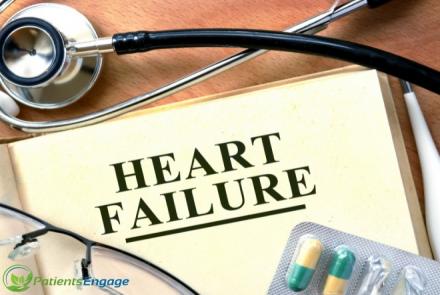Heart failure can be avoided by working on lifestyle changes and decreasing your risk factors if any:
Regular exercise is a must. 5 days or 150 hours of cardiovascular exercises per week is the recommended goal to stay physically active.
Maintain optimal body weight. If you are overweight or obese, lose the excess pounds.
Eat healthy foods such as vegetables, fruits, lean meats, fish etc. Avoid processed, packaged and preserved foods.
Stop smoking and use of other tobacco products to reduce…
Latest Stories
- What lifestyle changes does one need to make after implantation of cardiac devices? How can people reduce their risk for HF? All patients with heart failure should restrict their salt and fluid intake. They should stop smoking, alcohol and other illicit drugs. They should control their other co-morbidities like blood pressure, diabetes and cholesterol. They should regularly monitor their weight, blood pressure and heart beats and should regularly consult their physician. Patients with AICDs or…
- What is the treatment of heart failure Immediate management of heart failure includes medications to form urine – diuretics which will reduce the congestion and relieve the symptoms of breathlessness. Other therapy includes oxygen therapy or use of ventilation therapy (non-invasive ventilation or invasive ventilator support based on the severity of the heart failure). Blood pressure stabilizing medications are usually needed to reduce the blood pressure if the BP is high or vice versa increase…
- How is Heart Failure diagnosed? Heart failure is a clinical diagnosis. The doctor will take into account the symptoms and risk factors and correlate those with clinical examination findings of heart rate, blood pressure, pressure wave forms of the venous pulse (JVP), chest and cardiac examination and examination of your abdomen and limbs. If the diagnosis of heart failure is suspected, certain blood tests like BNP ( B-type Natriuretic Peptide), NT-ProBNP (N Terminal B-type Natriuretic Peptide)…
- What are the risk factors associated with heart failure? Patients prone to heart diseases are all prone to heart failure as well. This includes patients with high blood pressure, diabetes mellitus, high cholesterol, smoking, alcohol consumption, stress, family history of heart attacks, heart valve diseases, arrhythmias, renal failure, anemia, thyroid diseases, etc. Rarely, the heart can be affected by congenital heart disease from birth, diseases of the heart muscle (cardiomyopathy), infections…
- What are the symptoms or signs of heart failure? The main symptom of heart failure is shortness of breath. Often it is a feeling of choking or discomfort in breathing. An important symptom is that the breathlessness is more in lying down posture and is often relieved in sitting up position. This is occasionally accompanied with coughing (usually with minimal sputum) and rarely with blood tinged frothy cough. Often patients have subtle signs to start with such as fatigue and tiredness while…
- What is ejection fraction (EF)? Why is it important to know your EF number and what it means? Ejection fraction refers to the Pumping Power of your heart. It is normally 55-60%. It is important to know what is the pumping power of your heart since reduced pumping power or ejection fraction implies that your heart is diseased and increases the risk for congestive heart failure. Are there different types of heart failure? Heart failure most often occurs due to reduced ejection fraction – called…
- What is Heart Failure (HF)? Is it the same as congestive heart failure? Heart Failure refers to the inability of the heart to function normally. About 8-10 million patients in India are estimated to be suffering from Heart failure – about 1% of the adult population. A common misconception is that heart failure means that the heart stops beating. In fact, it means that the heart cannot pump blood adequately for circulating throughout the body. Since the blood flow to all the organs in our body…
- If you have diabetes, your chances of getting an infection are higher than a person without diabetes. Having a cold, flu, COVID-19 or any other infection can then cause your blood glucose levels to increase. Thus, knowing how to handle such days and being prepared can prevent distress and complications that can occur due to hypergylcemia or high glucose levels in blood. What happens when you fall sick? When the body is unwell due to an infection or allergy, the immune system gets activated and…

